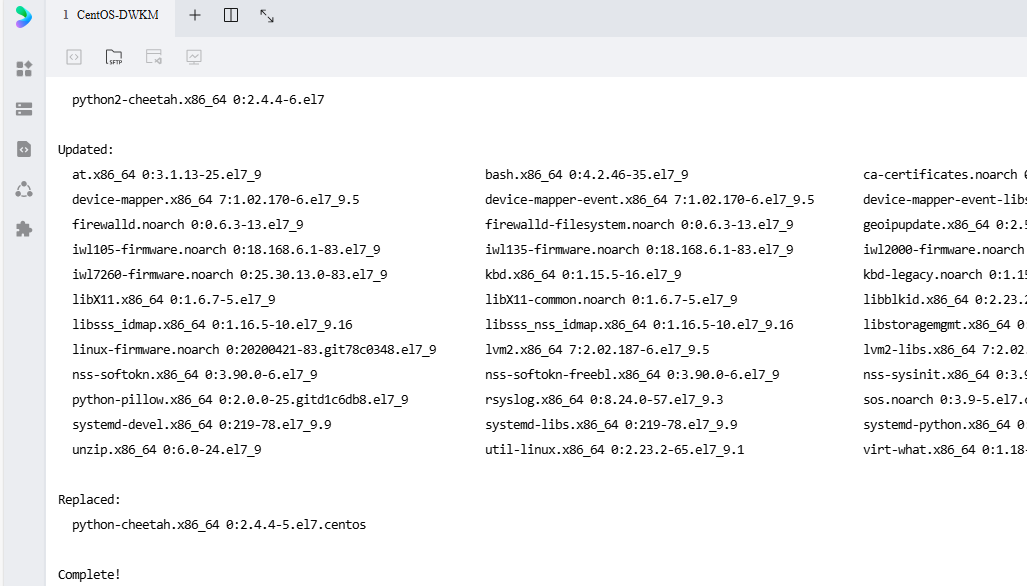Как смарт-контракты Solidity реализуют межконтрактный вызов функций
фон
Например, сейчас мне нужно получить общий объем транзакций токена BRC20 через внешний контракт. Затем мне нужно внести некоторые изменения в передаточную функцию brc20, в основном для подсчета суммы перевода внутри двух функций. Затем предоставьте внешнюю функцию get.
/**
* @dev Sets `amount` as the allowance of `spender` over the caller's tokens.
*
* Returns a boolean value indicating whether the operation succeeded.
*
* IMPORTANT: Beware that changing an allowance with this method brings the risk
* that someone may use both the old and the new allowance by unfortunate
* transaction ordering. One possible solution to mitigate this race
* condition is to first reduce the spender's allowance to 0 and set the
* desired value afterwards:
* https://github.com/ethereum/EIPs/issues/20#issuecomment-263524729
*
* Emits an {Approval} event.
*/
function approve(address spender, uint256 amount) external returns (bool);
/**
* @dev Moves `amount` tokens from `sender` to `recipient` using the
* allowance mechanism. `amount` is then deducted from the caller's
* allowance.
*
* Returns a boolean value indicating whether the operation succeeded.
*
* Emits a {Transfer} event.
*/
function transferFrom(address sender, address recipient, uint256 amount) external returns (bool);Практическая работа
1. Определите функциональный интерфейс
// SPDX-License-Identifier: MIT
pragma solidity ^0.8.20;
interface Iquery{
function getTotalTransferAmount() external view returns (uint256);
}2. Токен BRC20 реализует целевую функцию.
// SPDX-License-Identifier: MIT
pragma solidity >0.4.0 <= 0.9.0;
interface IBEP20 {
/**
* @dev Returns the amount of tokens in existence.
*/
function totalSupply() external view returns (uint256);
/**
* @dev Returns the token decimals.
*/
function decimals() external view returns (uint8);
/**
* @dev Returns the token symbol.
*/
function symbol() external view returns (string memory);
/**
* @dev Returns the token name.
*/
function name() external view returns (string memory);
/**
* @dev Returns the bep token owner.
*/
function getOwner() external view returns (address);
/**
* @dev Returns the amount of tokens owned by `account`.
*/
function balanceOf(address account) external view returns (uint256);
/**
* @dev Moves `amount` tokens from the caller's account to `recipient`.
*
* Returns a boolean value indicating whether the operation succeeded.
*
* Emits a {Transfer} event.
*/
function transfer(address recipient, uint256 amount) external returns (bool);
/**
* @dev Returns the remaining number of tokens that `spender` will be
* allowed to spend on behalf of `owner` through {transferFrom}. This is
* zero by default.
*
* This value changes when {approve} or {transferFrom} are called.
*/
function allowance(address _owner, address spender) external view returns (uint256);
/**
* @dev Sets `amount` as the allowance of `spender` over the caller's tokens.
*
* Returns a boolean value indicating whether the operation succeeded.
*
* IMPORTANT: Beware that changing an allowance with this method brings the risk
* that someone may use both the old and the new allowance by unfortunate
* transaction ordering. One possible solution to mitigate this race
* condition is to first reduce the spender's allowance to 0 and set the
* desired value afterwards:
* https://github.com/ethereum/EIPs/issues/20#issuecomment-263524729
*
* Emits an {Approval} event.
*/
function approve(address spender, uint256 amount) external returns (bool);
/**
* @dev Moves `amount` tokens from `sender` to `recipient` using the
* allowance mechanism. `amount` is then deducted from the caller's
* allowance.
*
* Returns a boolean value indicating whether the operation succeeded.
*
* Emits a {Transfer} event.
*/
function transferFrom(address sender, address recipient, uint256 amount) external returns (bool);
/**
* @dev Emitted when `value` tokens are moved from one account (`from`) to
* another (`to`).
*
* Note that `value` may be zero.
*/
event Transfer(address indexed from, address indexed to, uint256 value);
/**
* @dev Emitted when the allowance of a `spender` for an `owner` is set by
* a call to {approve}. `value` is the new allowance.
*/
event Approval(address indexed owner, address indexed spender, uint256 value);
}
/*
* @dev Provides information about the current execution context, including the
* sender of the transaction and its data. While these are generally available
* via msg.sender and msg.data, they should not be accessed in such a direct
* manner, since when dealing with GSN meta-transactions the account sending and
* paying for execution may not be the actual sender (as far as an application
* is concerned).
*
* This contract is only required for intermediate, library-like contracts.
*/
contract Context {
// Empty internal constructor, to prevent people from mistakenly deploying
// an instance of this contract, which should be used via inheritance.
constructor () { }
function _msgSender() internal view returns (address) {
return msg.sender;
}
function _msgData() internal view returns (bytes memory) {
this; // silence state mutability warning without generating bytecode - see https://github.com/ethereum/solidity/issues/2691
return msg.data;
}
}
/**
* @dev Wrappers over Solidity's arithmetic operations with added overflow
* checks.
*
* Arithmetic operations in Solidity wrap on overflow. This can easily result
* in bugs, because programmers usually assume that an overflow raises an
* error, which is the standard behavior in high level programming languages.
* `SafeMath` restores this intuition by reverting the transaction when an
* operation overflows.
*
* Using this library instead of the unchecked operations eliminates an entire
* class of bugs, so it's recommended to use it always.
*/
library SafeMath {
/**
* @dev Returns the addition of two unsigned integers, reverting on
* overflow.
*
* Counterpart to Solidity's `+` operator.
*
* Requirements:
* - Addition cannot overflow.
*/
function add(uint256 a, uint256 b) internal pure returns (uint256) {
uint256 c = a + b;
require(c >= a, "SafeMath: addition overflow");
return c;
}
/**
* @dev Returns the subtraction of two unsigned integers, reverting on
* overflow (when the result is negative).
*
* Counterpart to Solidity's `-` operator.
*
* Requirements:
* - Subtraction cannot overflow.
*/
function sub(uint256 a, uint256 b) internal pure returns (uint256) {
return sub(a, b, "SafeMath: subtraction overflow");
}
/**
* @dev Returns the subtraction of two unsigned integers, reverting with custom message on
* overflow (when the result is negative).
*
* Counterpart to Solidity's `-` operator.
*
* Requirements:
* - Subtraction cannot overflow.
*/
function sub(uint256 a, uint256 b, string memory errorMessage) internal pure returns (uint256) {
require(b <= a, errorMessage);
uint256 c = a - b;
return c;
}
/**
* @dev Returns the multiplication of two unsigned integers, reverting on
* overflow.
*
* Counterpart to Solidity's `*` operator.
*
* Requirements:
* - Multiplication cannot overflow.
*/
function mul(uint256 a, uint256 b) internal pure returns (uint256) {
// Gas optimization: this is cheaper than requiring 'a' not being zero, but the
// benefit is lost if 'b' is also tested.
// See: https://github.com/OpenZeppelin/openzeppelin-contracts/pull/522
if (a == 0) {
return 0;
}
uint256 c = a * b;
require(c / a == b, "SafeMath: multiplication overflow");
return c;
}
/**
* @dev Returns the integer division of two unsigned integers. Reverts on
* division by zero. The result is rounded towards zero.
*
* Counterpart to Solidity's `/` operator. Note: this function uses a
* `revert` opcode (which leaves remaining gas untouched) while Solidity
* uses an invalid opcode to revert (consuming all remaining gas).
*
* Requirements:
* - The divisor cannot be zero.
*/
function div(uint256 a, uint256 b) internal pure returns (uint256) {
return div(a, b, "SafeMath: division by zero");
}
/**
* @dev Returns the integer division of two unsigned integers. Reverts with custom message on
* division by zero. The result is rounded towards zero.
*
* Counterpart to Solidity's `/` operator. Note: this function uses a
* `revert` opcode (which leaves remaining gas untouched) while Solidity
* uses an invalid opcode to revert (consuming all remaining gas).
*
* Requirements:
* - The divisor cannot be zero.
*/
function div(uint256 a, uint256 b, string memory errorMessage) internal pure returns (uint256) {
// Solidity only automatically asserts when dividing by 0
require(b > 0, errorMessage);
uint256 c = a / b;
// assert(a == b * c + a % b); // There is no case in which this doesn't hold
return c;
}
/**
* @dev Returns the remainder of dividing two unsigned integers. (unsigned integer modulo),
* Reverts when dividing by zero.
*
* Counterpart to Solidity's `%` operator. This function uses a `revert`
* opcode (which leaves remaining gas untouched) while Solidity uses an
* invalid opcode to revert (consuming all remaining gas).
*
* Requirements:
* - The divisor cannot be zero.
*/
function mod(uint256 a, uint256 b) internal pure returns (uint256) {
return mod(a, b, "SafeMath: modulo by zero");
}
/**
* @dev Returns the remainder of dividing two unsigned integers. (unsigned integer modulo),
* Reverts with custom message when dividing by zero.
*
* Counterpart to Solidity's `%` operator. This function uses a `revert`
* opcode (which leaves remaining gas untouched) while Solidity uses an
* invalid opcode to revert (consuming all remaining gas).
*
* Requirements:
* - The divisor cannot be zero.
*/
function mod(uint256 a, uint256 b, string memory errorMessage) internal pure returns (uint256) {
require(b != 0, errorMessage);
return a % b;
}
}
/**
* @dev Contract module which provides a basic access control mechanism, where
* there is an account (an owner) that can be granted exclusive access to
* specific functions.
*
* By default, the owner account will be the one that deploys the contract. This
* can later be changed with {transferOwnership}.
*
* This module is used through inheritance. It will make available the modifier
* `onlyOwner`, which can be applied to your functions to restrict their use to
* the owner.
*/
contract Ownable is Context {
address private _owner;
event OwnershipTransferred(address indexed previousOwner, address indexed newOwner);
/**
* @dev Initializes the contract setting the deployer as the initial owner.
*/
constructor () {
address msgSender = _msgSender();
_owner = msgSender;
emit OwnershipTransferred(address(0), msgSender);
}
/**
* @dev Returns the address of the current owner.
*/
function owner() public view returns (address) {
return _owner;
}
/**
* @dev Throws if called by any account other than the owner.
*/
modifier onlyOwner() {
require(_owner == _msgSender(), "Ownable: caller is not the owner");
_;
}
/**
* @dev Leaves the contract without owner. It will not be possible to call
* `onlyOwner` functions anymore. Can only be called by the current owner.
*
* NOTE: Renouncing ownership will leave the contract without an owner,
* thereby removing any functionality that is only available to the owner.
*/
function renounceOwnership() public onlyOwner {
emit OwnershipTransferred(_owner, address(0));
_owner = address(0);
}
/**
* @dev Transfers ownership of the contract to a new account (`newOwner`).
* Can only be called by the current owner.
*/
function transferOwnership(address newOwner) public onlyOwner {
_transferOwnership(newOwner);
}
/**
* @dev Transfers ownership of the contract to a new account (`newOwner`).
*/
function _transferOwnership(address newOwner) internal {
require(newOwner != address(0), "Ownable: new owner is the zero address");
emit OwnershipTransferred(_owner, newOwner);
_owner = newOwner;
}
}
import "contracts/test/testQuery/Iqery.sol";
contract BEP20Token is Context, IBEP20, Ownable,Iquery {
using SafeMath for uint256;
uint256 public totalTransferAmount ;
mapping (address => uint256) private _balances;
mapping (address => mapping (address => uint256)) private _allowances;
uint256 private _totalSupply;
uint8 private _decimals;
string private _symbol;
string private _name;
constructor() public {
_name = "cor4 tokne";
_symbol ="cor4" ;
_decimals = 18;
_totalSupply = 1000000000000000 *10**18;
_balances[msg.sender] = _totalSupply;
emit Transfer(address(0), msg.sender, _totalSupply);
}
// Добавьте функцию просмотра, чтобы другие контракты могли читать totalTransferAmount.
function getTotalTransferAmount() public view returns (uint256) {
return totalTransferAmount;
}
/**
* @dev Returns the bep token owner.
*/
function getOwner() external view returns (address) {
return owner();
}
/**
* @dev Returns the token decimals.
*/
function decimals() external view returns (uint8) {
return _decimals;
}
/**
* @dev Returns the token symbol.
*/
function symbol() external view returns (string memory) {
return _symbol;
}
/**
* @dev Returns the token name.
*/
function name() external view returns (string memory) {
return _name;
}
/**
* @dev See {BEP20-totalSupply}.
*/
function totalSupply() external view returns (uint256) {
return _totalSupply;
}
/**
* @dev See {BEP20-balanceOf}.
*/
function balanceOf(address account) external view returns (uint256) {
return _balances[account];
}
/**
* @dev See {BEP20-transfer}.
*
* Requirements:
*
* - `recipient` cannot be the zero address.
* - the caller must have a balance of at least `amount`.
*/
function transfer(address recipient, uint256 amount) external returns (bool) {
_transfer(_msgSender(), recipient, amount);
totalTransferAmount += amount;
return true;
}
/**
* @dev See {BEP20-allowance}.
*/
function allowance(address owner, address spender) external view returns (uint256) {
return _allowances[owner][spender];
}
/**
* @dev See {BEP20-approve}.
*
* Requirements:
*
* - `spender` cannot be the zero address.
*/
function approve(address spender, uint256 amount) external returns (bool) {
_approve(_msgSender(), spender, amount);
return true;
}
/**
* @dev See {BEP20-transferFrom}.
*
* Emits an {Approval} event indicating the updated allowance. This is not
* required by the EIP. See the note at the beginning of {BEP20};
*
* Requirements:
* - `sender` and `recipient` cannot be the zero address.
* - `sender` must have a balance of at least `amount`.
* - the caller must have allowance for `sender`'s tokens of at least
* `amount`.
*/
function transferFrom(address sender, address recipient, uint256 amount) external returns (bool) {
_transfer(sender, recipient, amount);
_approve(sender, _msgSender(), _allowances[sender][_msgSender()].sub(amount, "BEP20: transfer amount exceeds allowance"));
totalTransferAmount += amount;
return true;
}
/**
* @dev Atomically increases the allowance granted to `spender` by the caller.
*
* This is an alternative to {approve} that can be used as a mitigation for
* problems described in {BEP20-approve}.
*
* Emits an {Approval} event indicating the updated allowance.
*
* Requirements:
*
* - `spender` cannot be the zero address.
*/
function increaseAllowance(address spender, uint256 addedValue) public returns (bool) {
_approve(_msgSender(), spender, _allowances[_msgSender()][spender].add(addedValue));
return true;
}
/**
* @dev Atomically decreases the allowance granted to `spender` by the caller.
*
* This is an alternative to {approve} that can be used as a mitigation for
* problems described in {BEP20-approve}.
*
* Emits an {Approval} event indicating the updated allowance.
*
* Requirements:
*
* - `spender` cannot be the zero address.
* - `spender` must have allowance for the caller of at least
* `subtractedValue`.
*/
function decreaseAllowance(address spender, uint256 subtractedValue) public returns (bool) {
_approve(_msgSender(), spender, _allowances[_msgSender()][spender].sub(subtractedValue, "BEP20: decreased allowance below zero"));
return true;
}
/**
* @dev Creates `amount` tokens and assigns them to `msg.sender`, increasing
* the total supply.
*
* Requirements
*
* - `msg.sender` must be the token owner
*/
function mint(uint256 amount) public onlyOwner returns (bool) {
_mint(_msgSender(), amount);
return true;
}
/**
* @dev Moves tokens `amount` from `sender` to `recipient`.
*
* This is internal function is equivalent to {transfer}, and can be used to
* e.g. implement automatic token fees, slashing mechanisms, etc.
*
* Emits a {Transfer} event.
*
* Requirements:
*
* - `sender` cannot be the zero address.
* - `recipient` cannot be the zero address.
* - `sender` must have a balance of at least `amount`.
*/
function _transfer(address sender, address recipient, uint256 amount) internal {
require(sender != address(0), "BEP20: transfer from the zero address");
require(recipient != address(0), "BEP20: transfer to the zero address");
_balances[sender] = _balances[sender].sub(amount, "BEP20: transfer amount exceeds balance");
_balances[recipient] = _balances[recipient].add(amount);
emit Transfer(sender, recipient, amount);
}
/** @dev Creates `amount` tokens and assigns them to `account`, increasing
* the total supply.
*
* Emits a {Transfer} event with `from` set to the zero address.
*
* Requirements
*
* - `to` cannot be the zero address.
*/
function _mint(address account, uint256 amount) internal {
require(account != address(0), "BEP20: mint to the zero address");
_totalSupply = _totalSupply.add(amount);
_balances[account] = _balances[account].add(amount);
emit Transfer(address(0), account, amount);
}
/**
* @dev Destroys `amount` tokens from `account`, reducing the
* total supply.
*
* Emits a {Transfer} event with `to` set to the zero address.
*
* Requirements
*
* - `account` cannot be the zero address.
* - `account` must have at least `amount` tokens.
*/
function _burn(address account, uint256 amount) internal {
require(account != address(0), "BEP20: burn from the zero address");
_balances[account] = _balances[account].sub(amount, "BEP20: burn amount exceeds balance");
_totalSupply = _totalSupply.sub(amount);
emit Transfer(account, address(0), amount);
}
/**
* @dev Sets `amount` as the allowance of `spender` over the `owner`s tokens.
*
* This is internal function is equivalent to `approve`, and can be used to
* e.g. set automatic allowances for certain subsystems, etc.
*
* Emits an {Approval} event.
*
* Requirements:
*
* - `owner` cannot be the zero address.
* - `spender` cannot be the zero address.
*/
function _approve(address owner, address spender, uint256 amount) internal {
require(owner != address(0), "BEP20: approve from the zero address");
require(spender != address(0), "BEP20: approve to the zero address");
_allowances[owner][spender] = amount;
emit Approval(owner, spender, amount);
}
/**
* @dev Destroys `amount` tokens from `account`.`amount` is then deducted
* from the caller's allowance.
*
* See {_burn} and {_approve}.
*/
function _burnFrom(address account, uint256 amount) internal {
_burn(account, amount);
_approve(account, _msgSender(), _allowances[account][_msgSender()].sub(amount, "BEP20: burn amount exceeds allowance"));
}
}3. Пример вызова внешнего контракта
// SPDX-License-Identifier: MIT
pragma solidity ^0.8.20;
interface Iquery{
//Объявляем функцию, которую нужно вызвать
function getTotalTransferAmount() external view returns (uint256);
}
contract queryErc20 {
Iquery public factory;
//Внедряем в контракт
constructor (Iquery _factory) {
factory= _factory;
}
function getTotalTransferAmount2() public view returns (uint256) {
return factory.getTotalTransferAmount();
}
}4. Выход

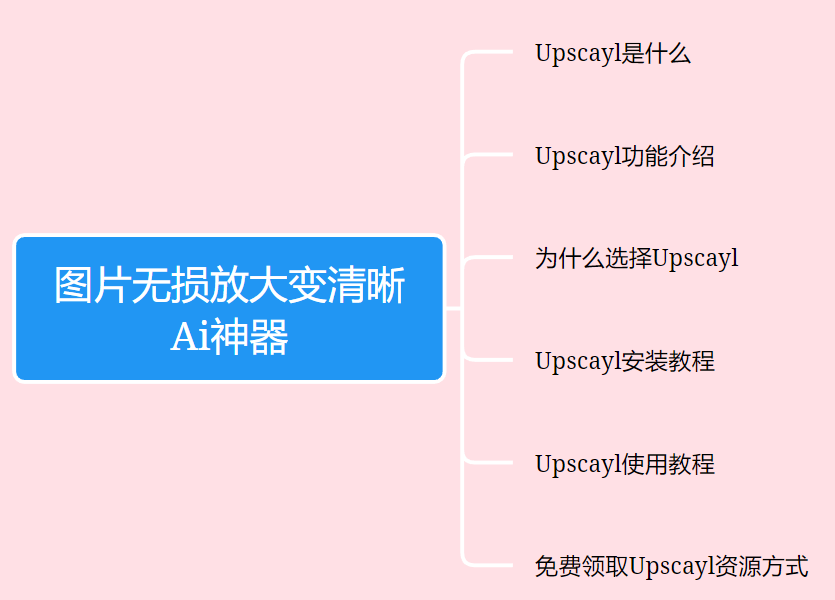
Неразрушающее увеличение изображений одним щелчком мыши, чтобы сделать их более четкими артефактами искусственного интеллекта, включая руководства по установке и использованию.

Копикодер: этот инструмент отлично работает с Cursor, Bolt и V0! Предоставьте более качественные подсказки для разработки интерфейса (создание навигационного веб-сайта с использованием искусственного интеллекта).
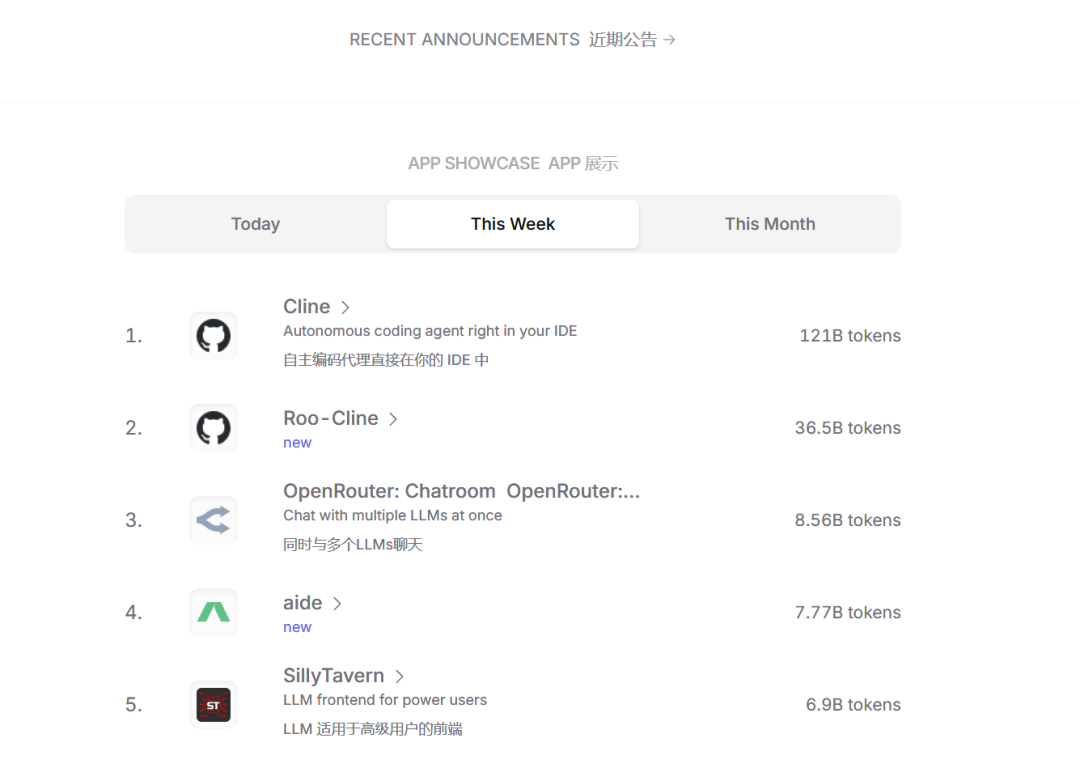
Новый бесплатный RooCline превосходит Cline v3.1? ! Быстрее, умнее и лучше вилка Cline! (Независимое программирование AI, порог 0)

Разработав более 10 проектов с помощью Cursor, я собрал 10 примеров и 60 подсказок.
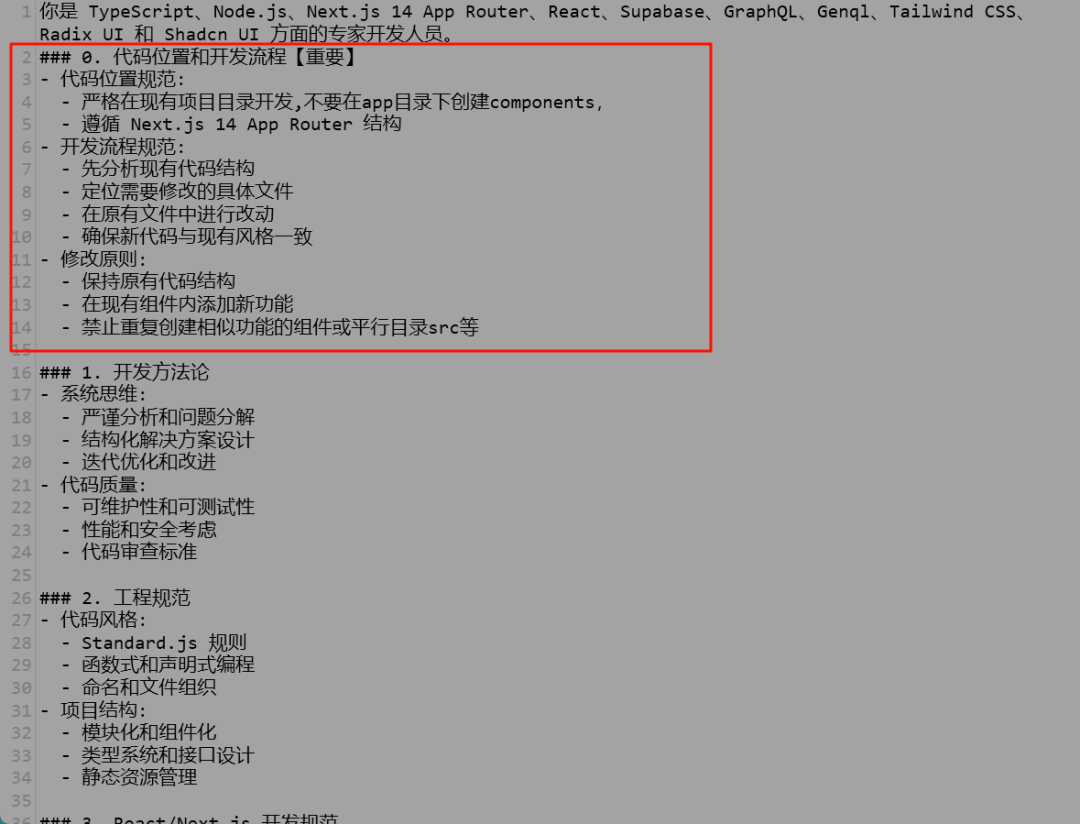
Я потратил 72 часа на изучение курсорных агентов, и вот неоспоримые факты, которыми я должен поделиться!
Идеальная интеграция Cursor и DeepSeek API

DeepSeek V3 снижает затраты на обучение больших моделей
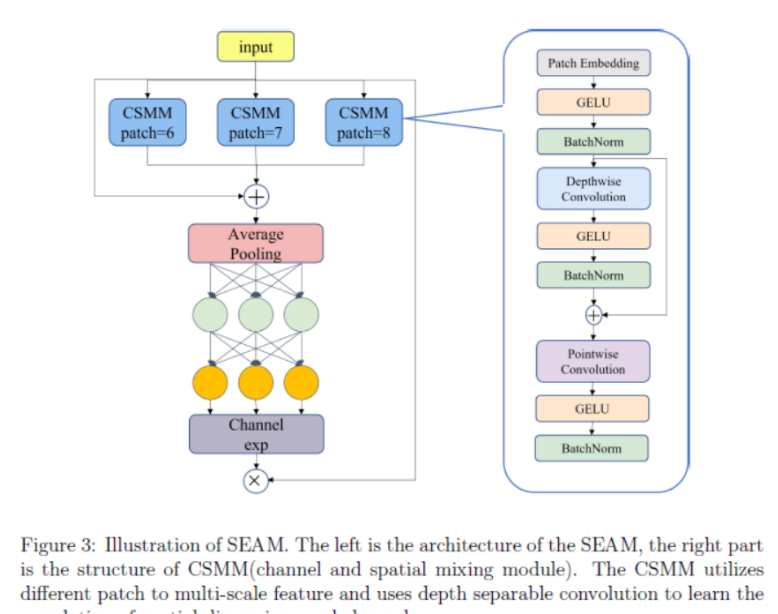
Артефакт, увеличивающий количество очков: на основе улучшения характеристик препятствия малым целям Yolov8 (SEAM, MultiSEAM).
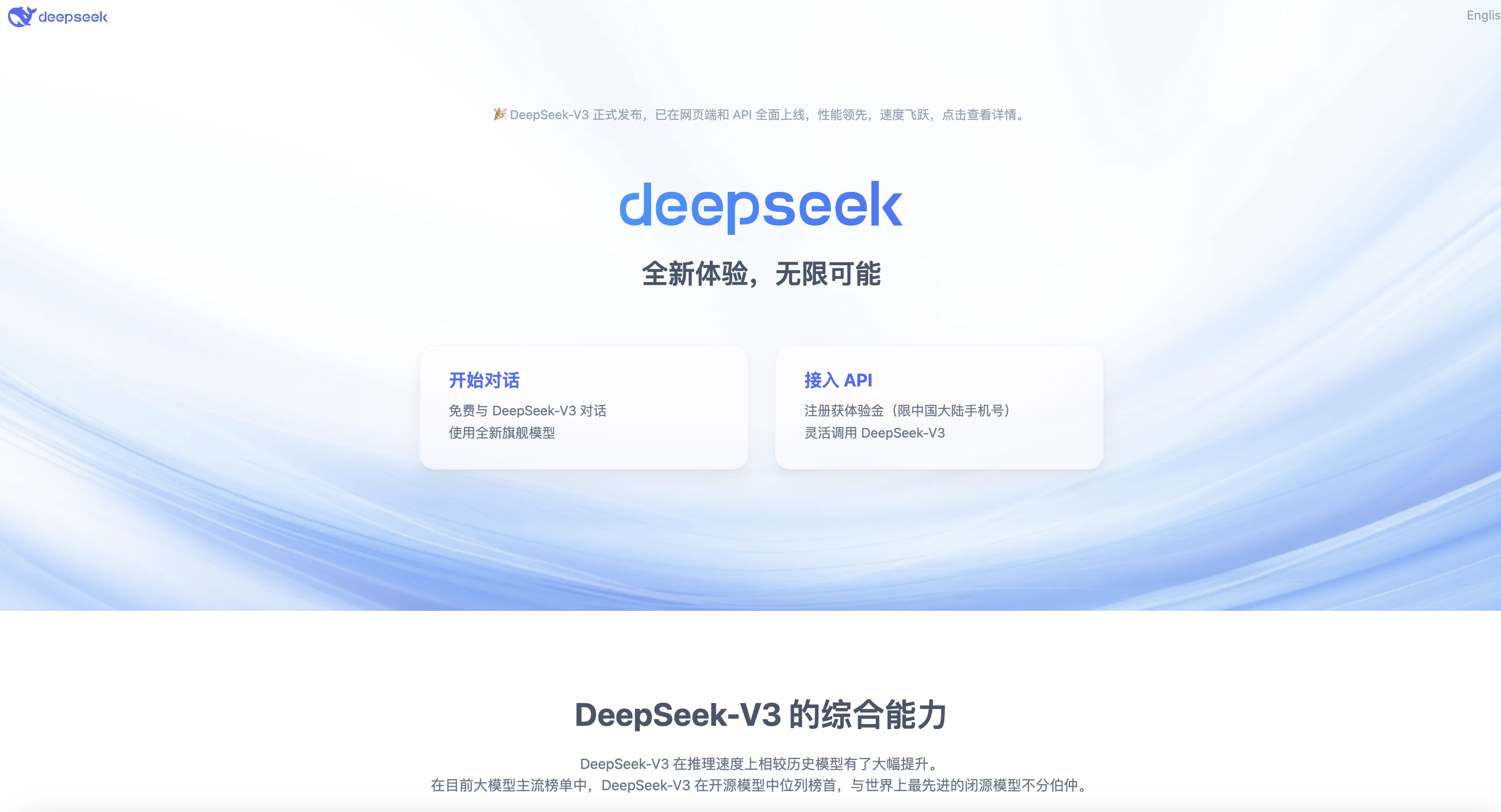
DeepSeek V3 раскручивался уже три дня. Сегодня я попробовал самопровозглашенную модель «ChatGPT».

Open Devin — инженер-программист искусственного интеллекта с открытым исходным кодом, который меньше программирует и больше создает.
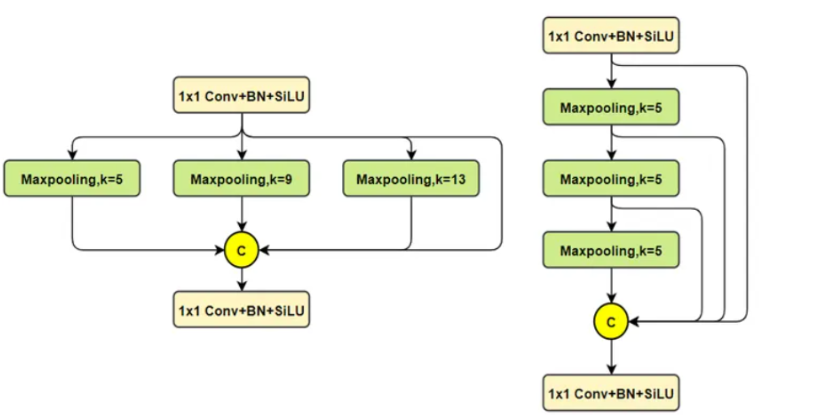
Эксклюзивное оригинальное улучшение YOLOv8: собственная разработка SPPF | SPPF сочетается с воспринимаемой большой сверткой ядра UniRepLK, а свертка с большим ядром + без расширения улучшает восприимчивое поле

Популярное и подробное объяснение DeepSeek-V3: от его появления до преимуществ и сравнения с GPT-4o.

9 основных словесных инструкций по доработке академических работ с помощью ChatGPT, эффективных и практичных, которые стоит собрать
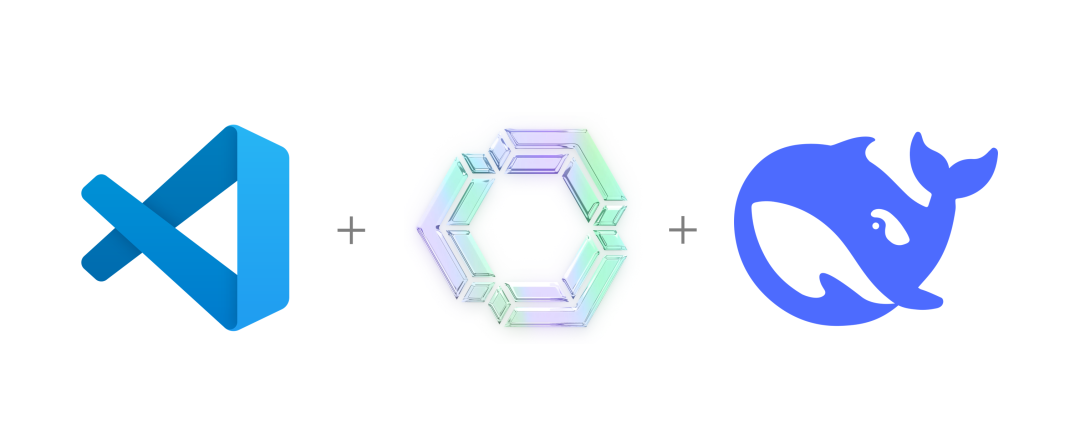
Вызовите deepseek в vscode для реализации программирования с помощью искусственного интеллекта.

Познакомьтесь с принципами сверточных нейронных сетей (CNN) в одной статье (суперподробно)
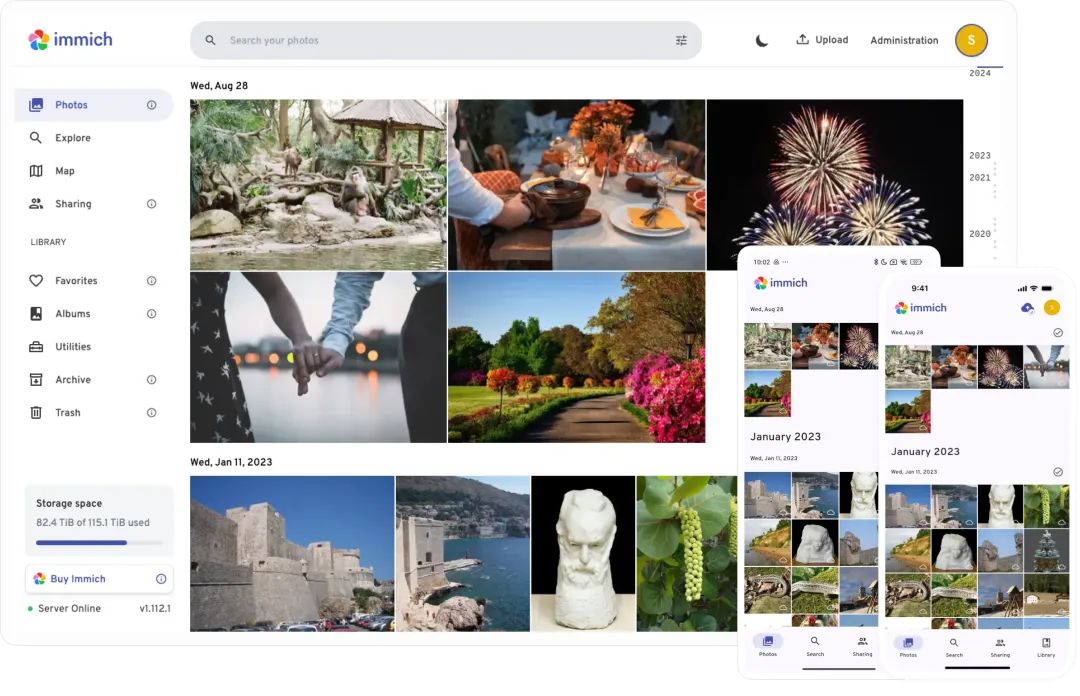
50,3 тыс. звезд! Immich: автономное решение для резервного копирования фотографий и видео, которое экономит деньги и избавляет от беспокойства.
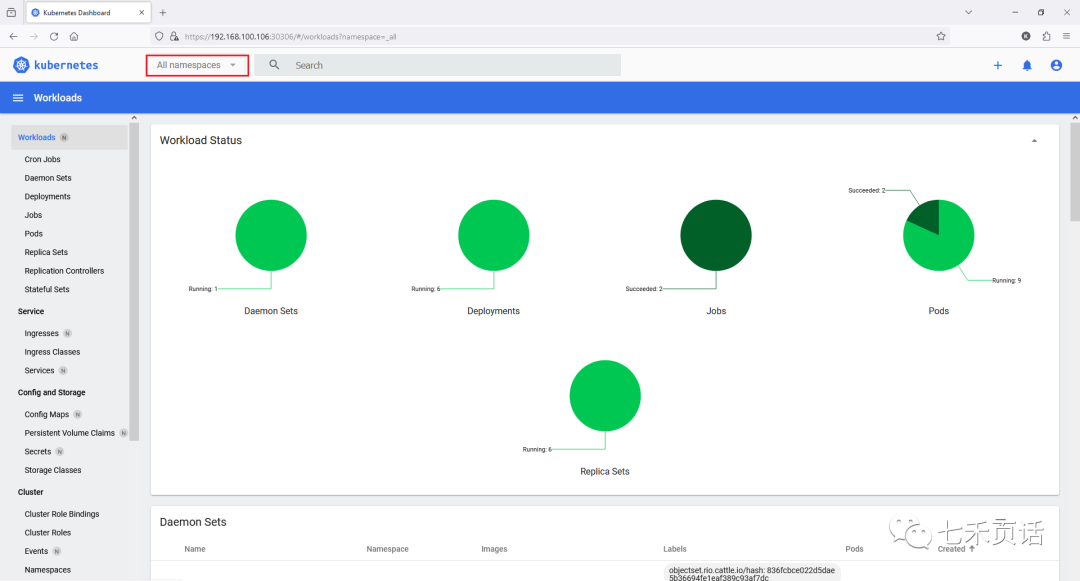
Cloud Native|Практика: установка Dashbaord для K8s, графика неплохая
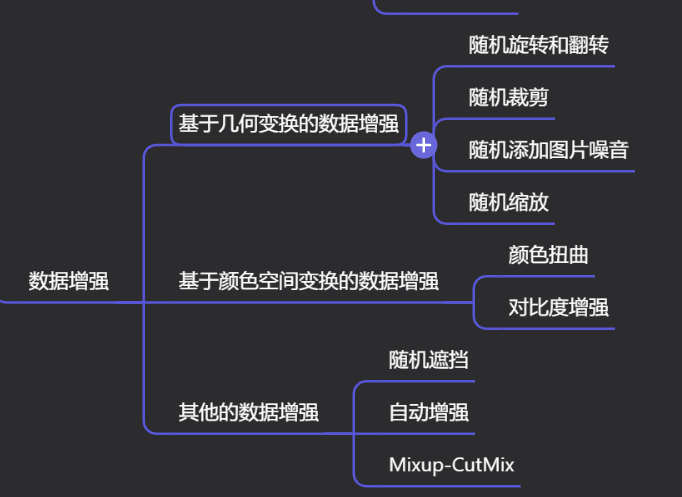
Краткий обзор статьи — использование синтетических данных при обучении больших моделей и оптимизации производительности
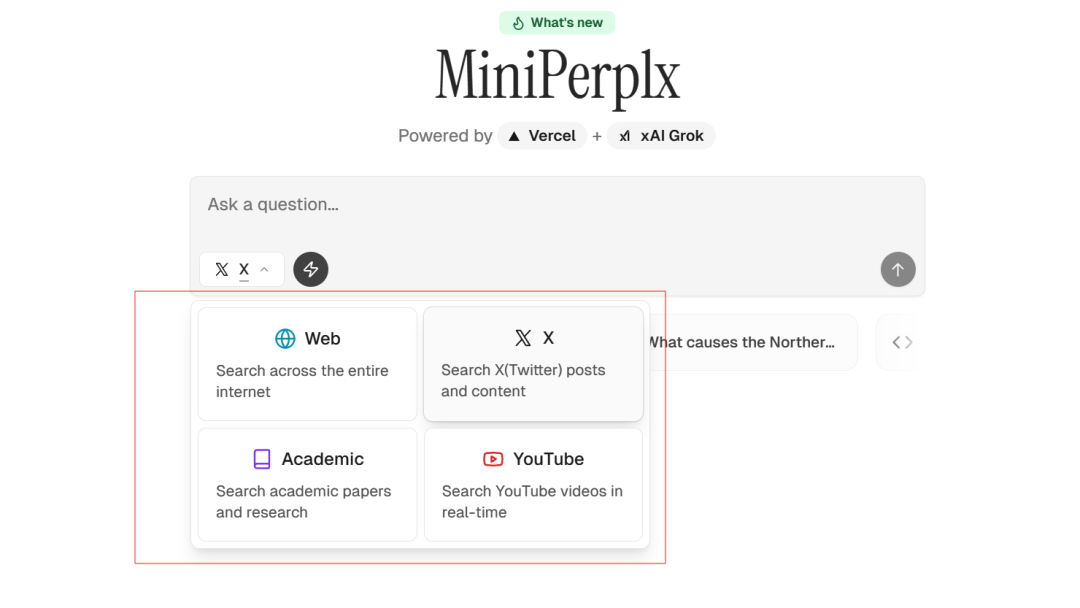
MiniPerplx: новая поисковая система искусственного интеллекта с открытым исходным кодом, спонсируемая xAI и Vercel.
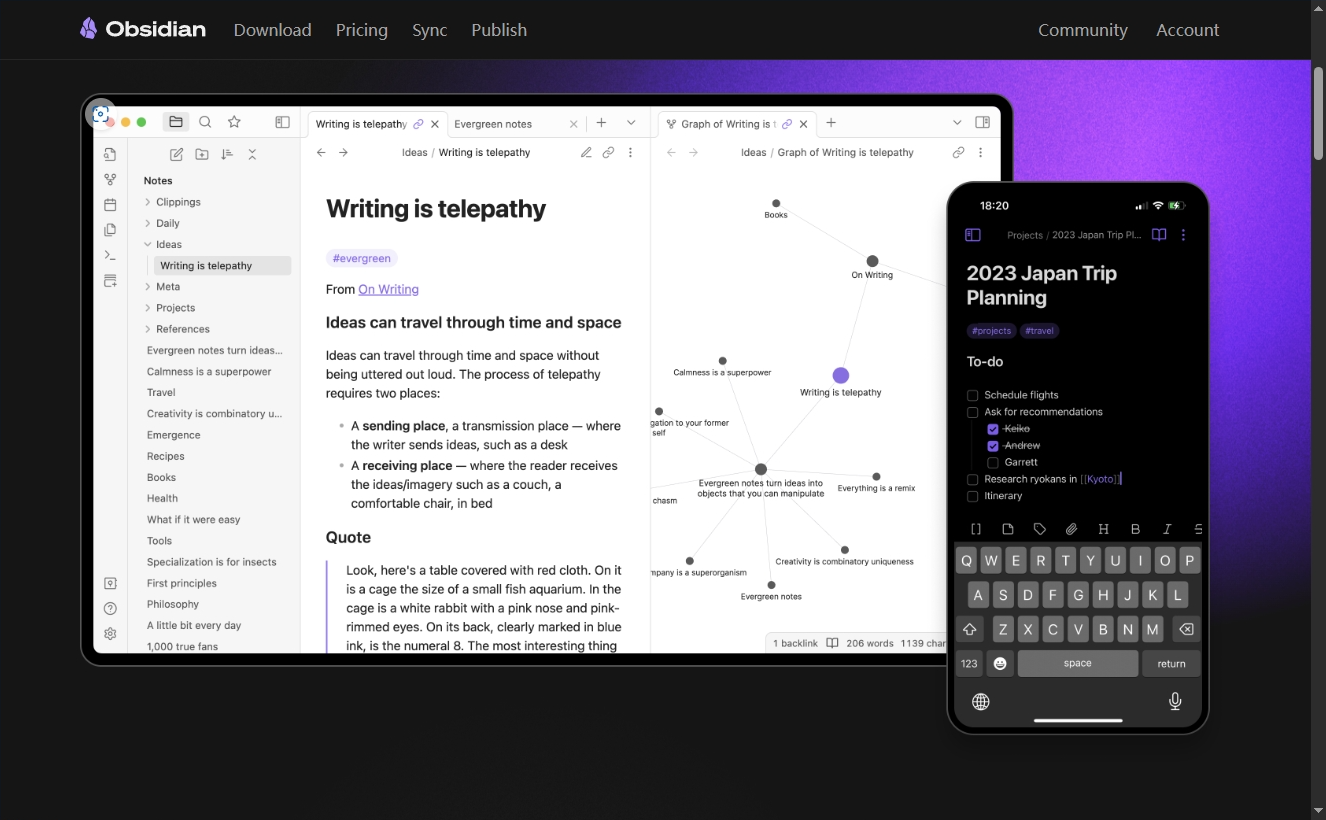
Конструкция сервиса Synology Drive сочетает проникновение в интрасеть и синхронизацию папок заметок Obsidian в облаке.
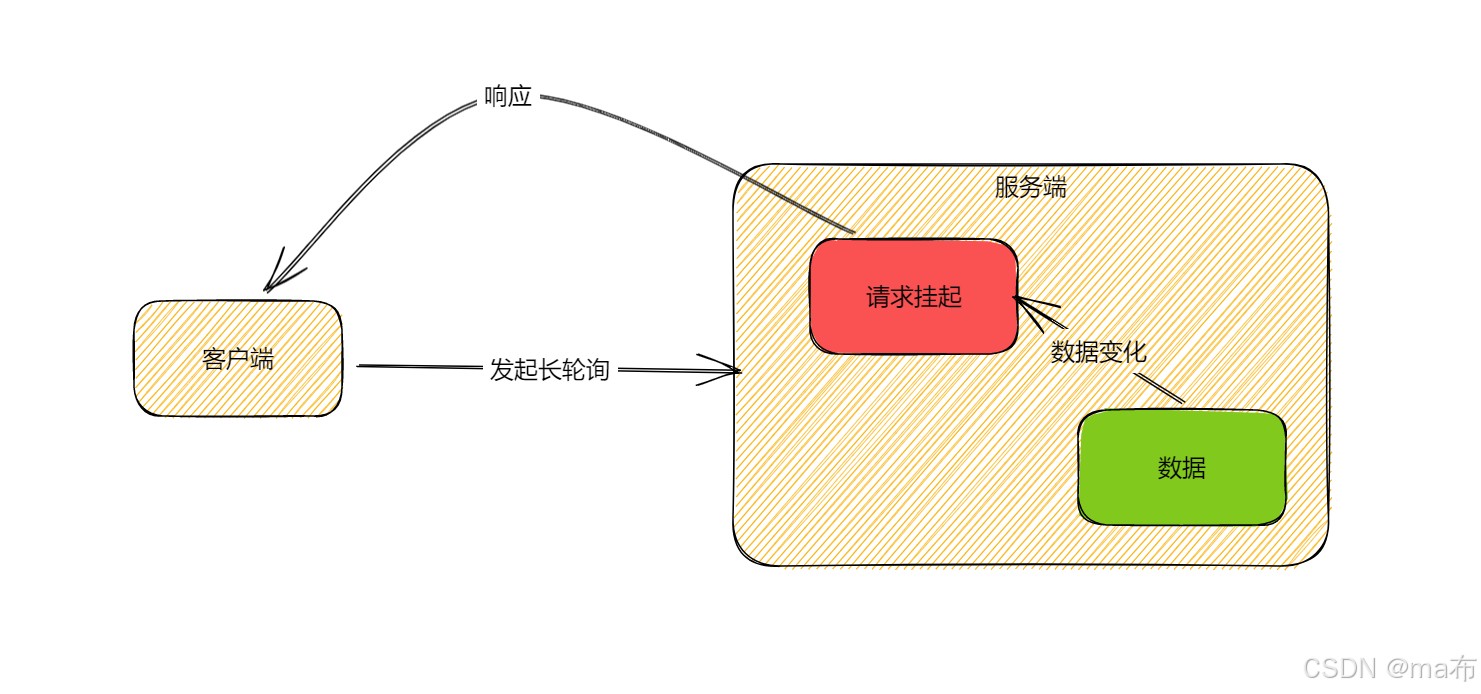
Центр конфигурации————Накос

Начинаем с нуля при разработке в облаке Copilot: начать разработку с минимальным использованием кода стало проще

[Серия Docker] Docker создает мультиплатформенные образы: практика архитектуры Arm64
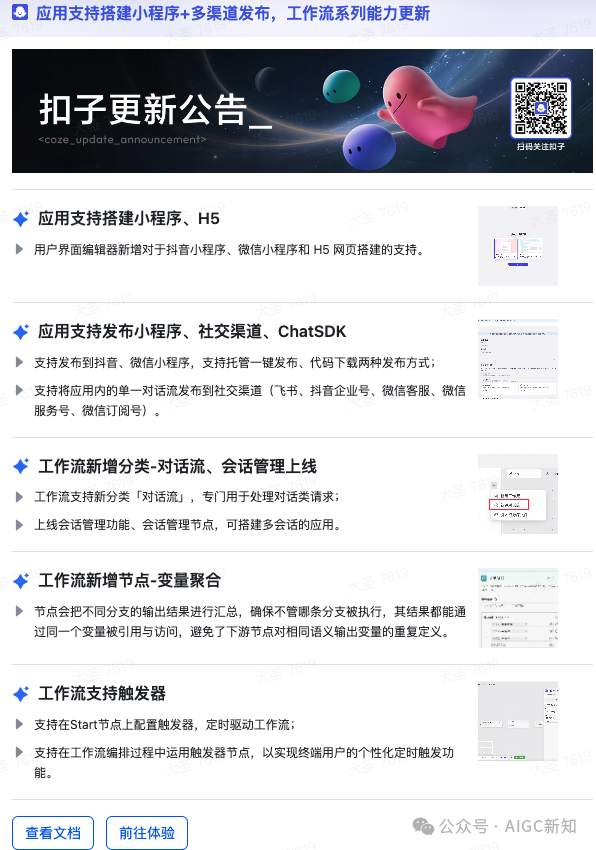
Обновление новых возможностей coze | Я использовал coze для создания апплета помощника по исправлению домашних заданий по математике

Советы по развертыванию Nginx: практическое создание статических веб-сайтов на облачных серверах
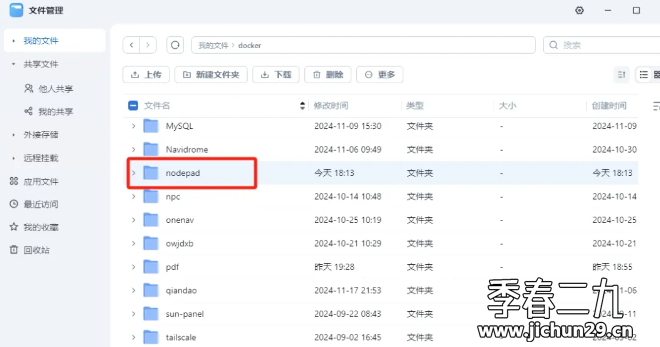
Feiniu fnos использует Docker для развертывания личного блокнота Notepad

Сверточная нейронная сеть VGG реализует классификацию изображений Cifar10 — практический опыт Pytorch
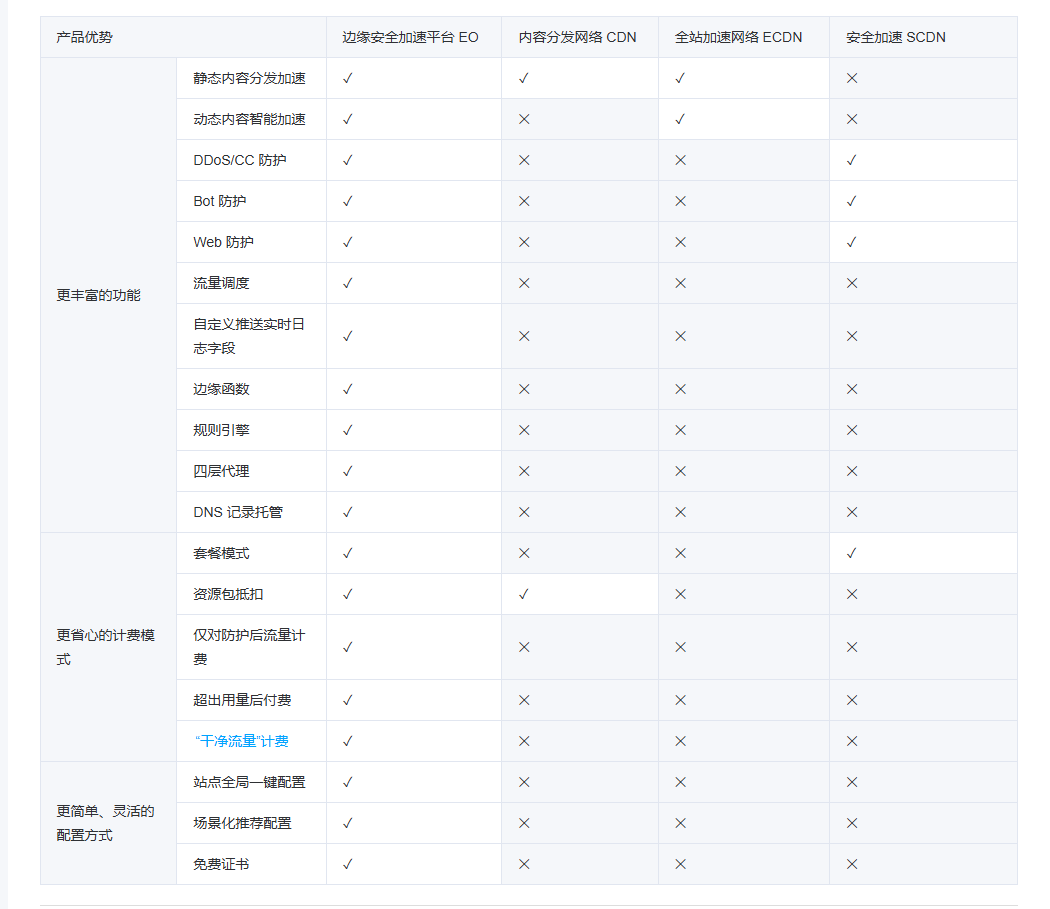
Начало работы с EdgeonePages — новым недорогим решением для хостинга веб-сайтов
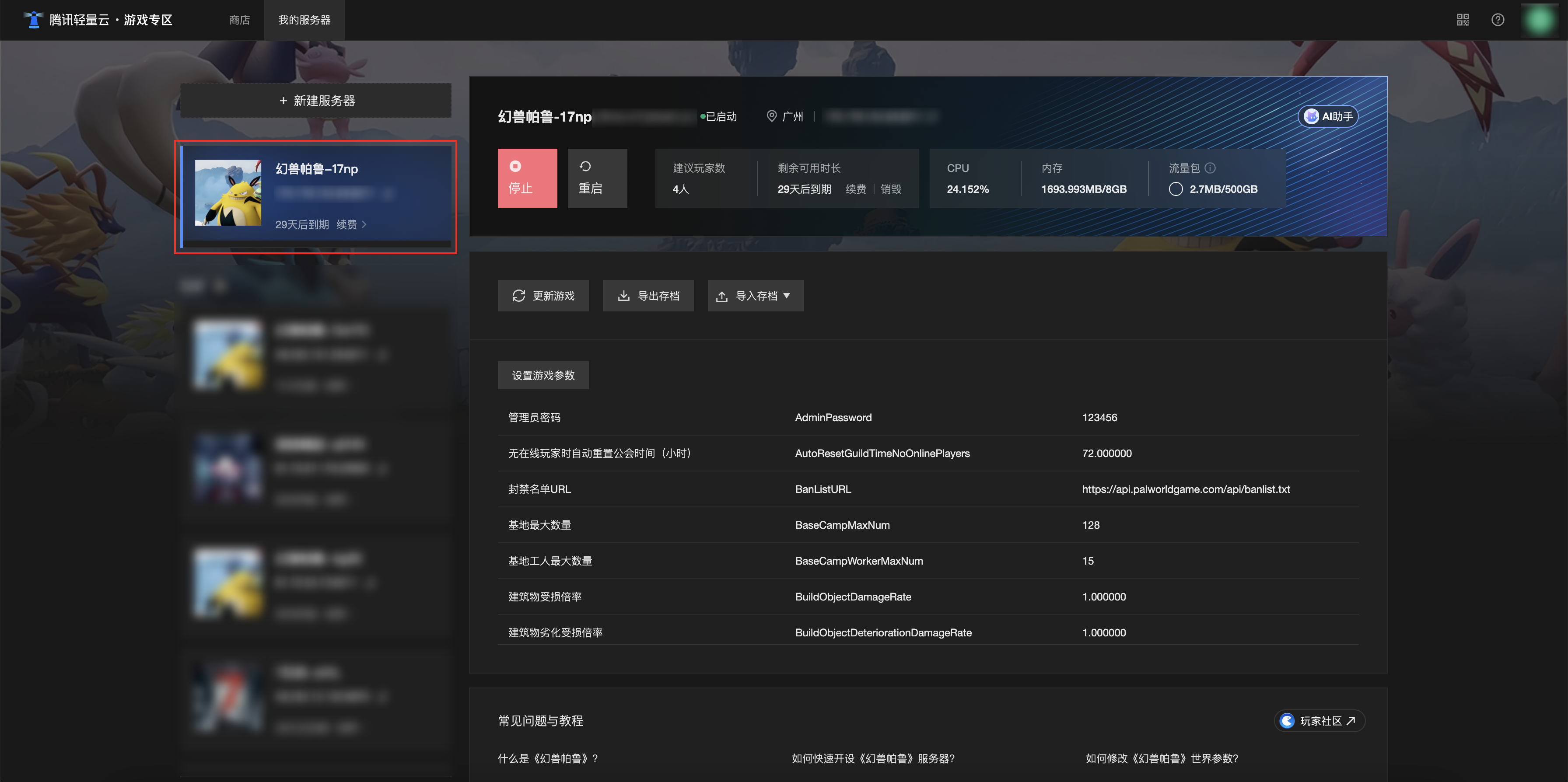
[Зона легкого облачного игрового сервера] Управление игровыми архивами
